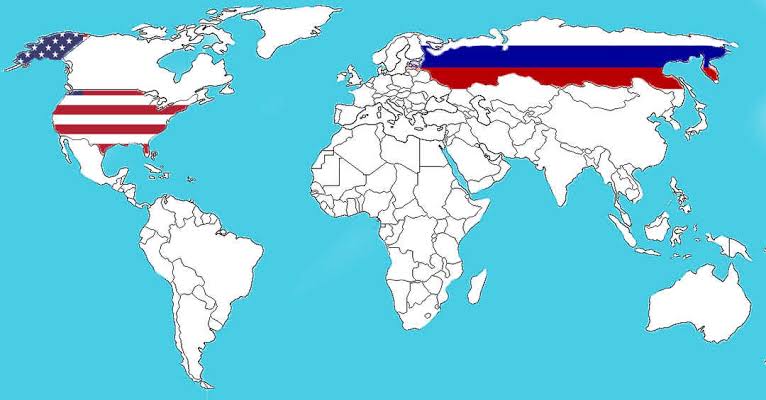Our worried wealthy aren’t just buying out-of-the-way properties. They’re digging deep beneath these properties to create what the rich and their realtors like to see as “luxury bunkers.” New Zealand has become a particularly popular bunker locale, and one U.S. company, Rising S Bunkers, has been busy building and outfitting safe havens that can operate quite luxuriously.
That company’s top bunker model comes with everything from a swimming pool and a bowling alley to a sauna and a game room. The cost to park one of these bunkers in a barely populated New Zealand locale: just under $10 million. Bullet-resistant doors and “whole-home air filtration systems” that can whisk away any pathogens add mightily to the Rising S Bunkers allure.
The billionaire Peter Thiel has become an especially vocal advocate of the sanctuary — for the rich — that New Zealand increasingly offers. He’s been working to get local government approval for a hillside “bunker-style compound” that features an “accommodation pod” for himself and a guest lodge for two dozen of his best safety-seeking pals.
Other billionaires have chosen somewhat less off-the-beaten-track hideaways. Mark Zuckerberg, the current holder of the world’s third-largest private fortune, started buying up Hawaiian land back in 2014. His current 1,400-acre compound, WIRED reports, hosts two “sprawling” mansions with a “total floor area comparable to a professional football field.” Underneath the above-ground sprawl: what Zuckerberg calls “a little shelter” that merely amounts to a “basement.”
In fact, notes a WIRED analysis of the plans for that “little shelter,” Zuckerberg’s “basement” just happens to be a giant survivalist bunker with an entry door “constructed out of metal and filled in with concrete.”
The total cost of Zuckerberg’s Hawaiian compound, WIRED adds, “rivals that of the largest private, personal construction projects in human history,” well over a quarter-billion dollars.
Sanctuary-seeking mindsets like Zuckerberg’s, the media theorist Douglass Rushkoff points out, have become common among America’s richest. Our mega-wealthy, Rushkoff observes in his 2023 book Survival of the Richest: Escape Fantasies of the Tech Billionaires, appear to believe they “can live as gods and transcend the calamities that befall everyone else.”
Not all our contemporary super rich see bunkers as their best safe haven. Elon Musk has been famously dreaming of an escape to Mars before things go to hell here on Earth. But in the end the direction the rich take in their search for survival — whether they dig deep below the Earth’s surface or fly off that surface deep into space — makes no difference.
Either way, the escape delusion leaves our richest less invested in working with the rest of humanity on solutions to the existential challenges we now share as a species. These challenges have taken a distinct turn for the worse over the past three-quarters of a century.
Back in the middle of the 20th century, the prospect of nuclear war gave humanity the shakes. That war, people worldwide realized, could destroy us all, as mass entertainments like the award-winning 1959 film On the Beach made dramatically clear.
But that possibility of mass extinction from nuclear war remained only that, a possibility that human decision making could avert and now has averted for going on three generations.
With climate change, by contrast, we’re facing the certainty of disaster unless we make fundamental changes about how we operate as a species.
Can we avoid that disaster? Can we reach a carbon-free future? Not as long as the richest among us continue to harbor delusions about their capacity to survive any catastrophe that might befall the rest of us. They’ll continue to frolic on our Earth’s surface — both profiting from carbon and personally emitting an unholy share of it — so long as they believe they can always escape to hideaways deep below that surface or far above it.
Our Earth, we need to remember, isn’t just heating up year by year. Our Earth is annually becoming ever more economically unequal. For the sake of our human future, both those dynamics need to change.
© Counter Punch









